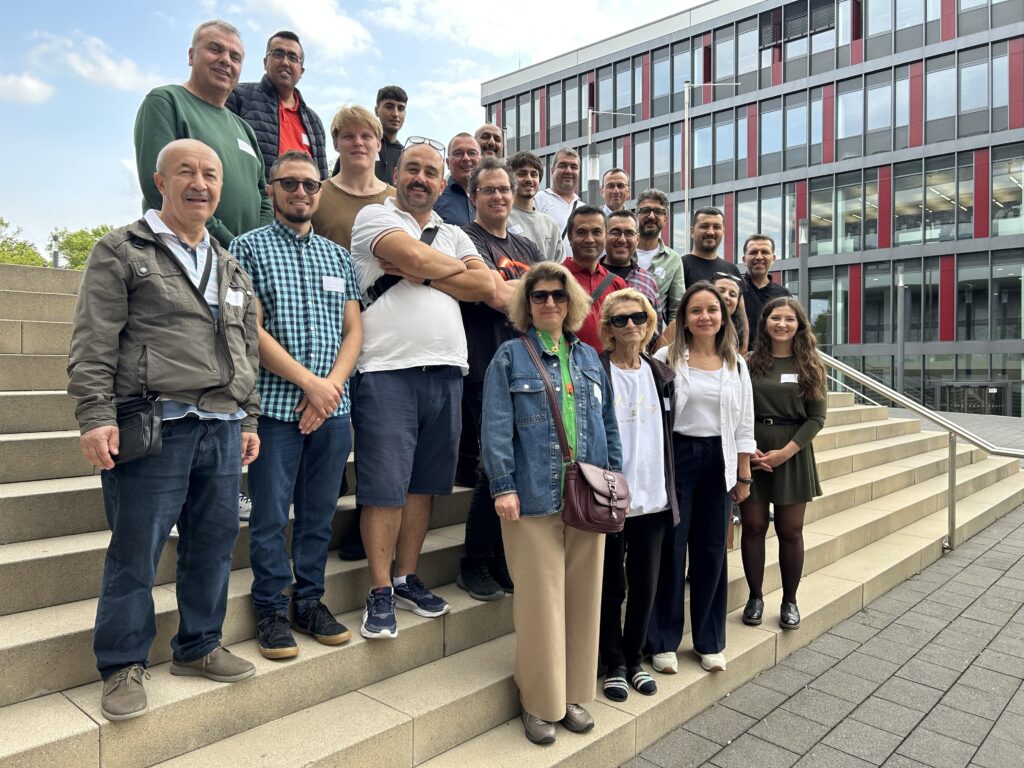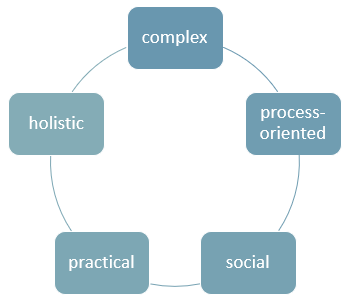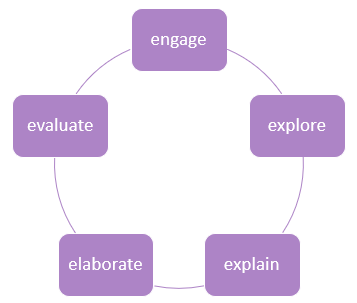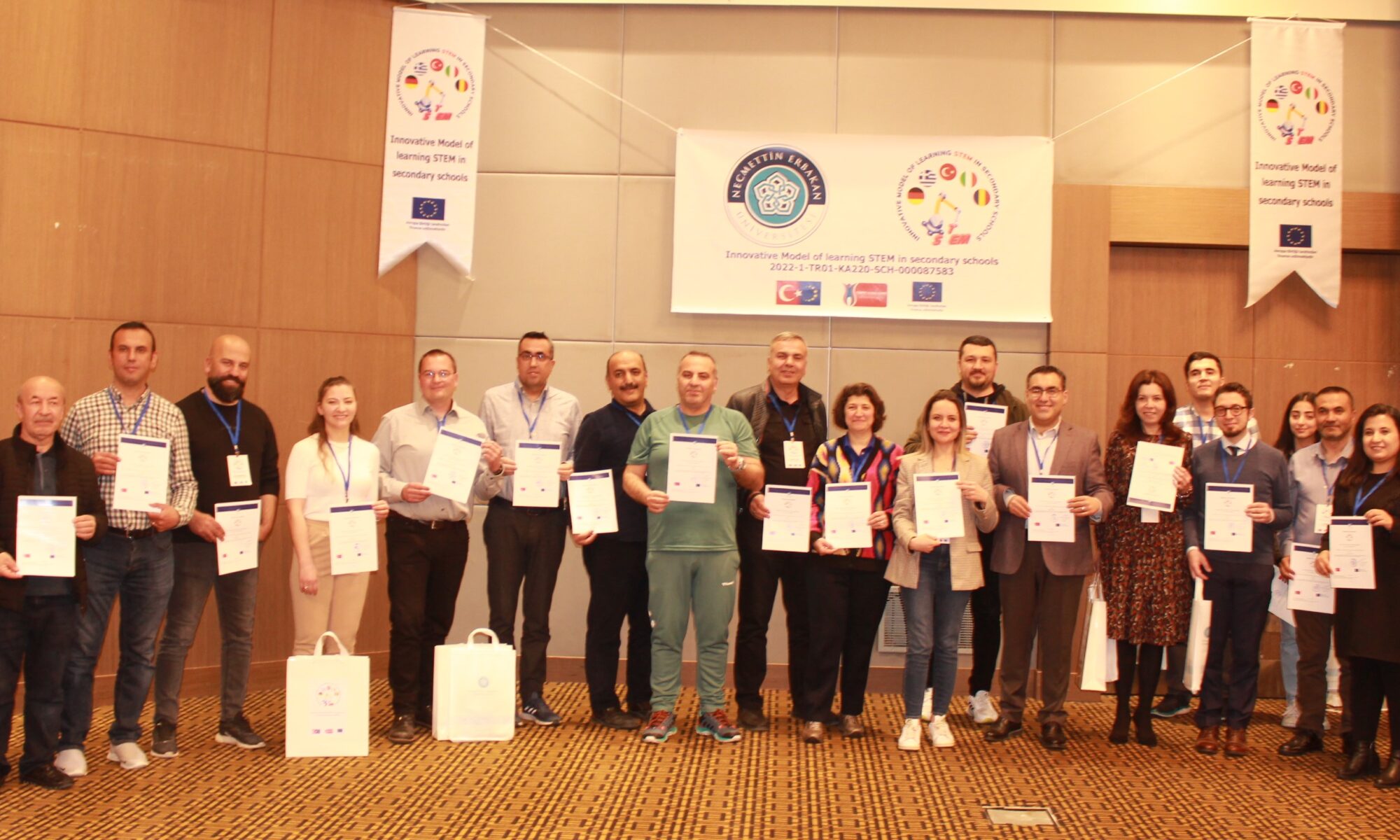Yes, the two go well together!
There are lots of little experiments lurking in the Christmas season that you can easily try out at home. You have practically everything you need within your own four walls and can use every day to carry out exciting experiments and inspire your family and flatmates. Simply check out the following website – have fun trying out and discovering!
Link to website: https://littlebinsforlittlehands.com/christmas-stem-ideas-kids/
The LearnSTEM team wishes you a happy festive season! ![]()
![]()
![]()








